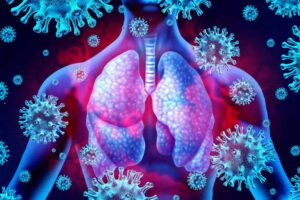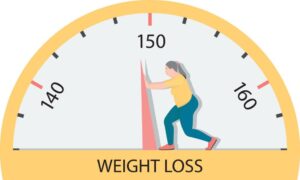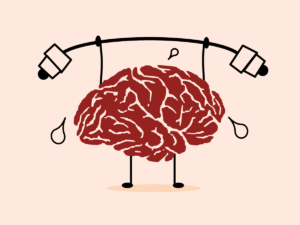WHY SHOULD I DO EXERCISE ?
Controlling blood pressure

Physical fitness has proven to support the body’s blood pressure. Staying active and exercising regularly builds a stronger heart. The heart is the main organ in charge of systolic blood pressure and diastolic blood pressure. Engaging in a physical activity raises blood pressure. Once the subject stops the activity, the blood pressure returns to normal. The more physical activity, the easier this process becomes, resulting in a fitter cardiovascular profile. Through regular physical fitness, it becomes easier to create a rise in blood pressure. This lowers the force on the arteries, and lowers the overall blood pressure.
Immune System

Physical activity boosts the immune system. This is dependent on the concentration of endogenous factors (such as sex hormones, metabolic hormones and growth hormones), body temperature, blood flow, hydration status and body position. Physical activity has been shown to increase the levels of natural killer (NK) cells, NK T cells, macrophages, neutrophils and eosinophils, complements, cytokines, antibodies and T cytotoxic cells. However, the mechanism linking physical activity to immune system is not fully understood.
Weight control

Achieving resilience through physical fitness promotes a vast and complex range of health-related benefits. Individuals who keep up physical fitness levels generally regulate their distribution of body fat and prevent obesity. Studies prove that running uses calories in the body that come from the macronutrients eaten daily. In order for the body to be able to run, it will use those ingested calories, therefore it will burn calories. Abdominal fat, specifically visceral fat, is most directly affected by engaging in aerobic exercise. Strength training has been known to increase the amount of muscle in the body, however, it can also reduce body fat. Sex steroid hormones, insulin, and appropriate immune responses are factors that mediate metabolism in relation to abdominal fat. Therefore, physical fitness provides weight control through regulation of these bodily functions.
Mental health

Studies have shown that physical activity can improve mental health and well-being. This improvement is due to an increase in blood flow to the brain, allowing for the release of hormones as well as a decrease of stress hormone levels in the body (e.g., cortisol, adrenaline) while also stimulating the human body’s mood boosters and natural painkillers. Not only does exercise release these feel-good hormones, it can also help relieve stress and help build confidence. The same way exercising can help humans to have a healthier life, it also can improve sleep quality. Based on studies, even 10 minutes of exercise per day can help insomnia. These trends improve as physical activity is performed on a consistent basis, which makes exercise effective in relieving symptoms of depression and anxiety, positively impacting mental health and bringing about several other benefits.
WHAT TYPE OF EXERCISES CAN I DO IN A DAY ?
FOR BEGINNERS
IF YOU ARE INTO THE FITNESS THEN,

